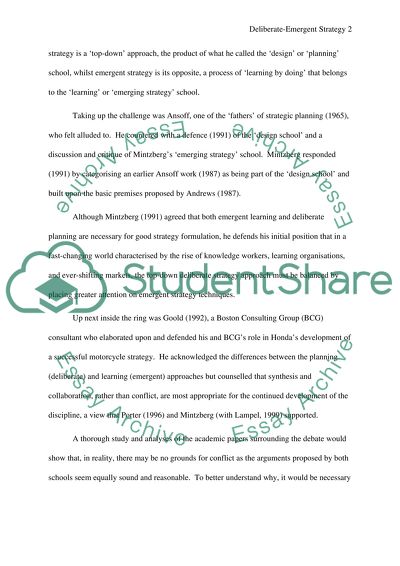Cite this document
(Debate on Deliberate and Emergent Strategy Case Study, n.d.)
Debate on Deliberate and Emergent Strategy Case Study. Retrieved from https://studentshare.org/marketing/1520557-the-deliberate-emergent-strategy
Debate on Deliberate and Emergent Strategy Case Study. Retrieved from https://studentshare.org/marketing/1520557-the-deliberate-emergent-strategy
(Debate on Deliberate and Emergent Strategy Case Study)
Debate on Deliberate and Emergent Strategy Case Study. https://studentshare.org/marketing/1520557-the-deliberate-emergent-strategy.
Debate on Deliberate and Emergent Strategy Case Study. https://studentshare.org/marketing/1520557-the-deliberate-emergent-strategy.
“Debate on Deliberate and Emergent Strategy Case Study”, n.d. https://studentshare.org/marketing/1520557-the-deliberate-emergent-strategy.


